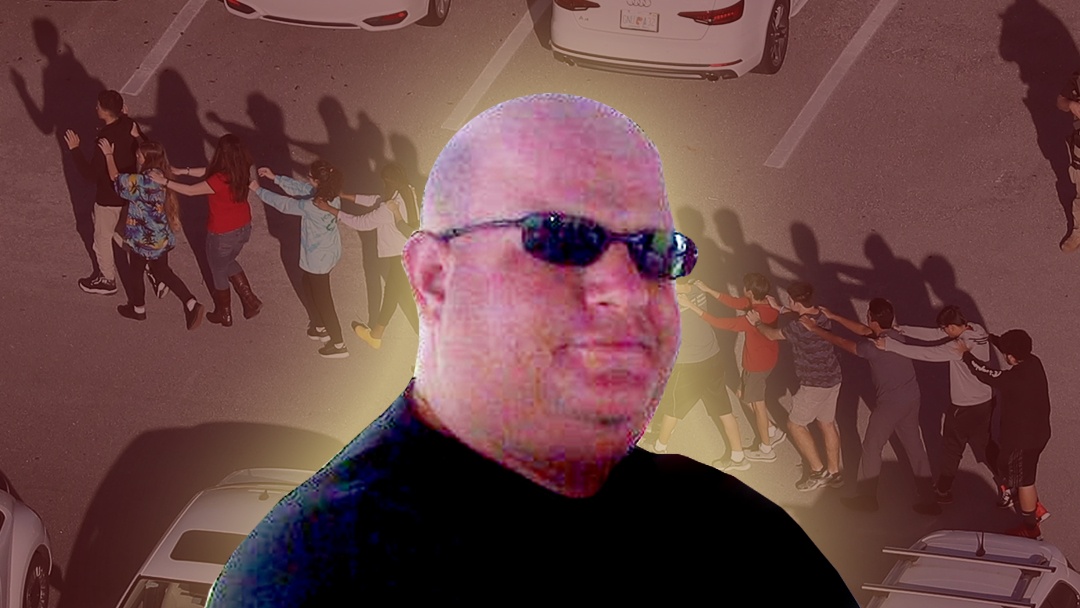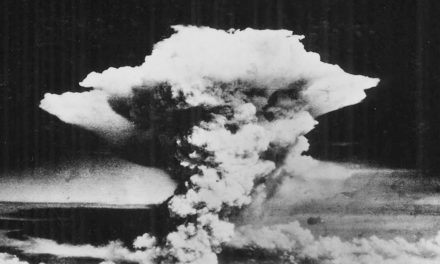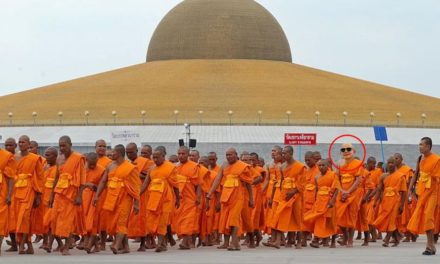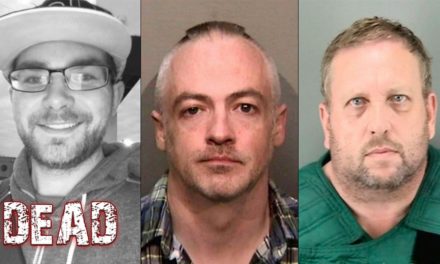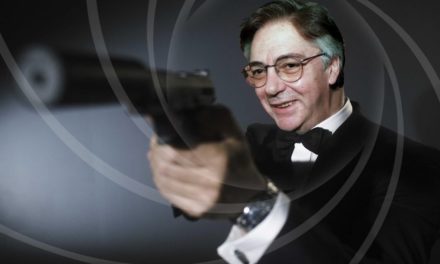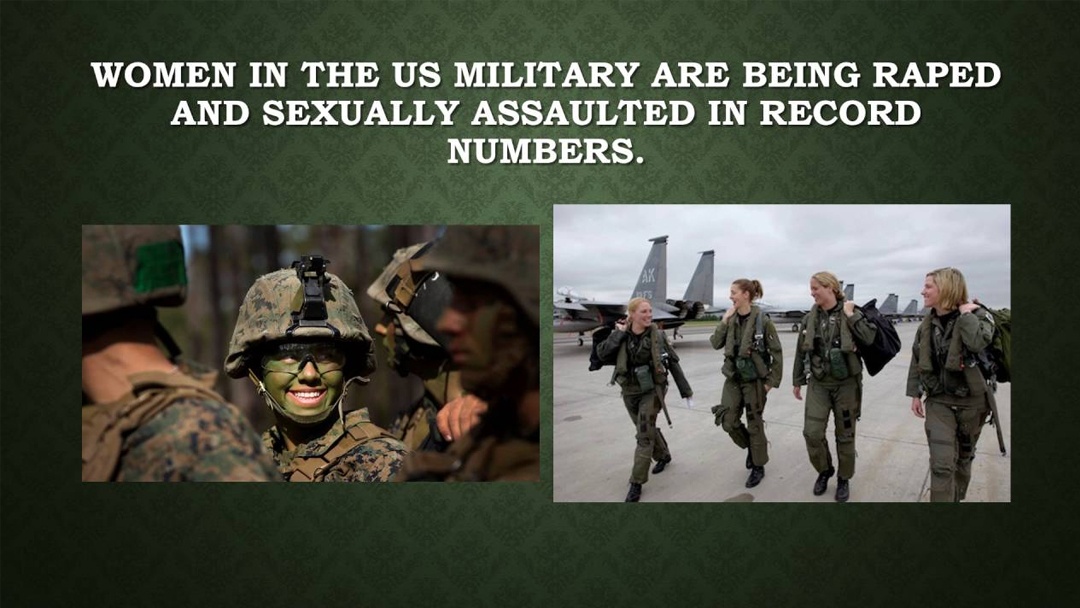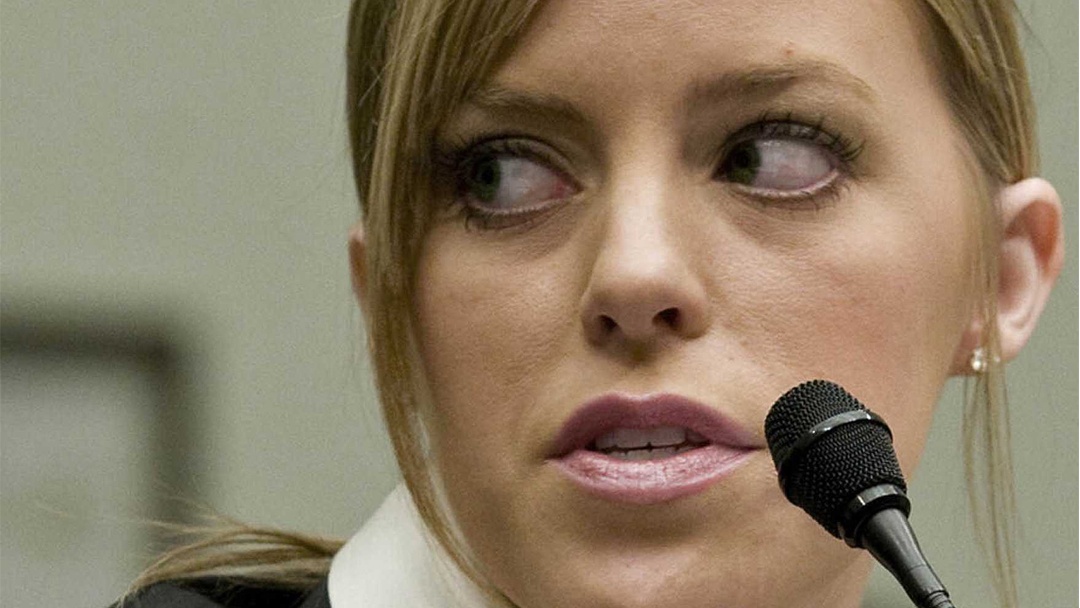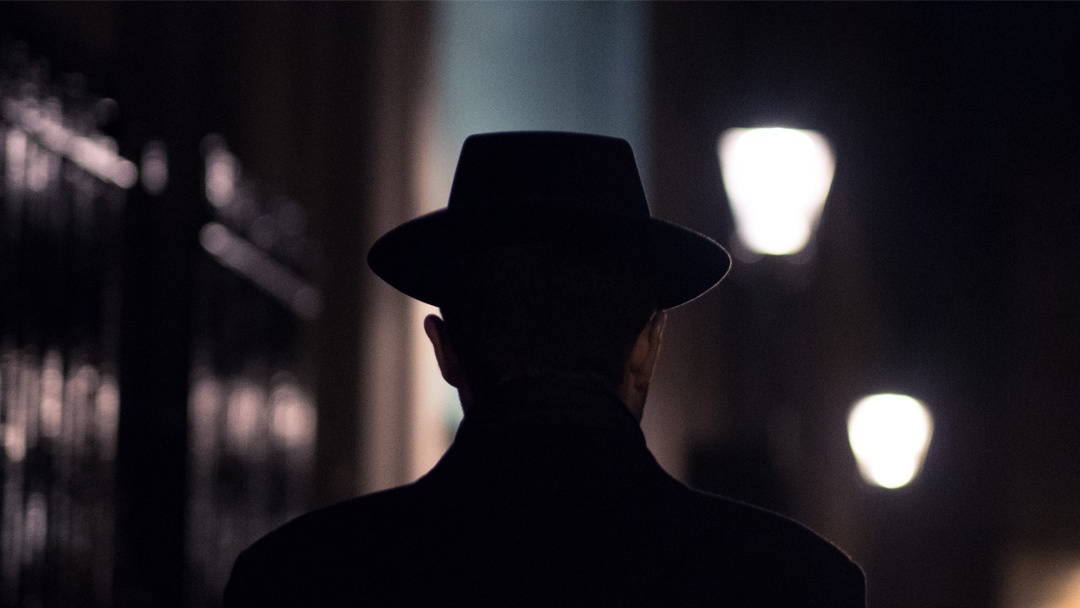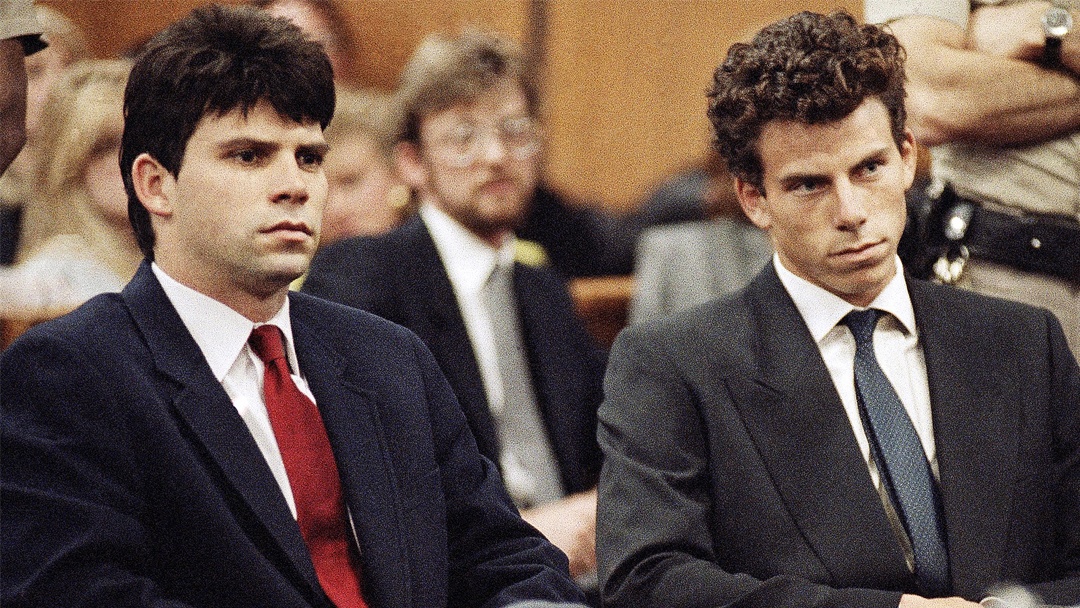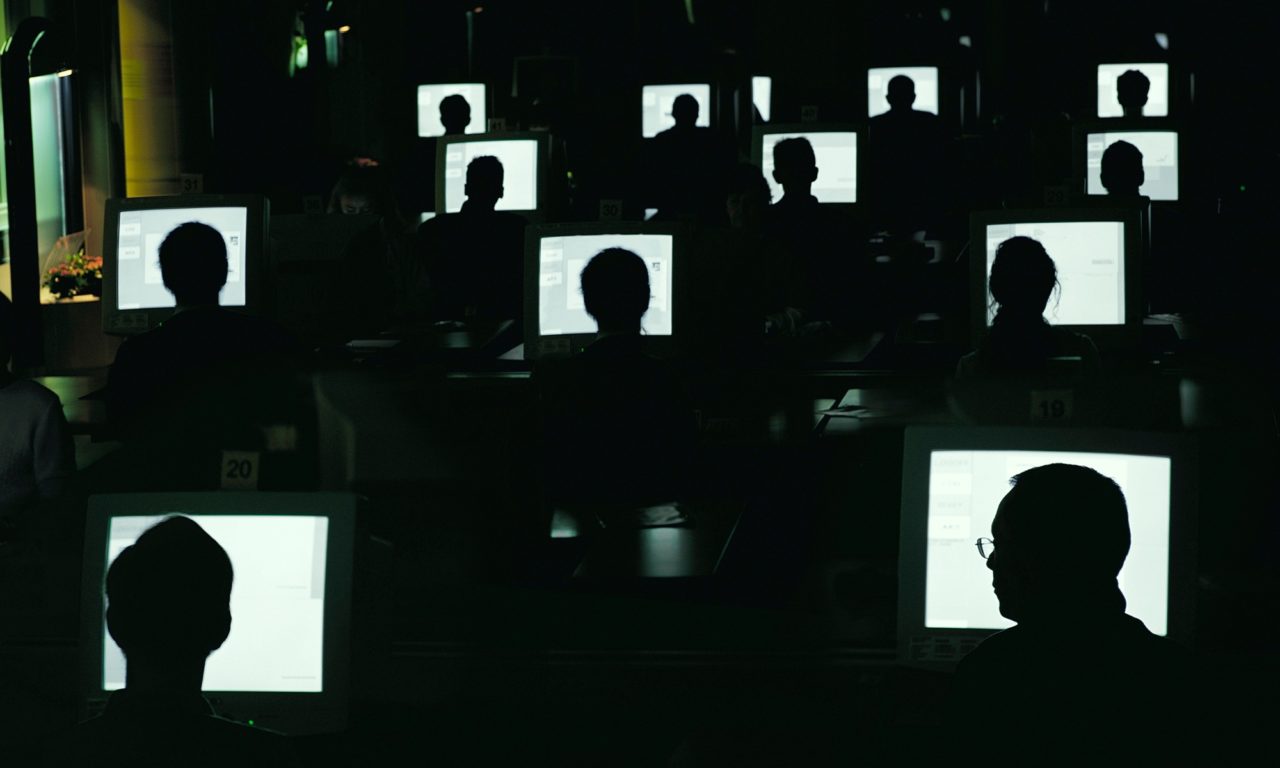Aaron Feis acted with extraordinary heroism. He draped himself over students as a school shooter went on a rampage. Although fourteen kids died at Parkland, the number would have been higher without the selfless acts of Coach Feis.
The question is why? Why him, why then?
It’s an issue we’ve looked at before and will again, because there’s no finer psychological mystery.
Other kinds of moral challenge occurs with plenty of time to think: a very unlikable person is about to go to prison for a serious crime, let’s say, and a witness who knows of his innocence sticks his neck out at great personal risk. Weeks may go by as the person weighs his moral pebbles on the scale of right and wrong, and finally decides what his conscience can live with.
But in the crises of the battlefield or a shooting at a school, some kind of auto-pilot of response to emergencies kicks in.
But do we know why, how?
Would it be the same in every such situation, or have some variability by mood, by moment?
We can’t very easily test our theories on human subjects, we can’t shoot and point a camera at the results.
Nonetheless we ask our community of the curious, please help us solve the mystery of heroism.
